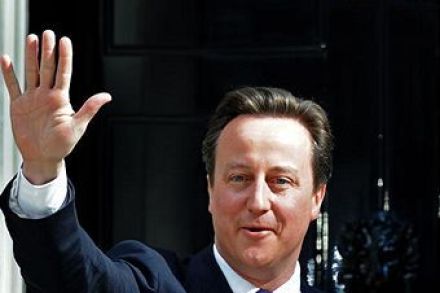To Solve The Irish Question, Ireland Must First Admit there Is a Question
Alas, poor Hibernia. According to RTE, Brian Cowen Denies Any Bailout Talks. The rest of the world is not so easily fooled, however. These may be “technical” discussions but they’re not discussing the finer points of hurling, are they? Among the more creative solutions to Ireland’s predicament: rejoin sterling. According to Mark Reckless, Tory MP for Rochester: Every MP I have spoken to says they would be happy for Ireland to have a guaranteed seat on the Bank of England’s monetary policy committee. This would mean that, unlike before 1979, Ireland as a sovereign country would have a proper say in setting sterling interest rates. When we raised the idea











